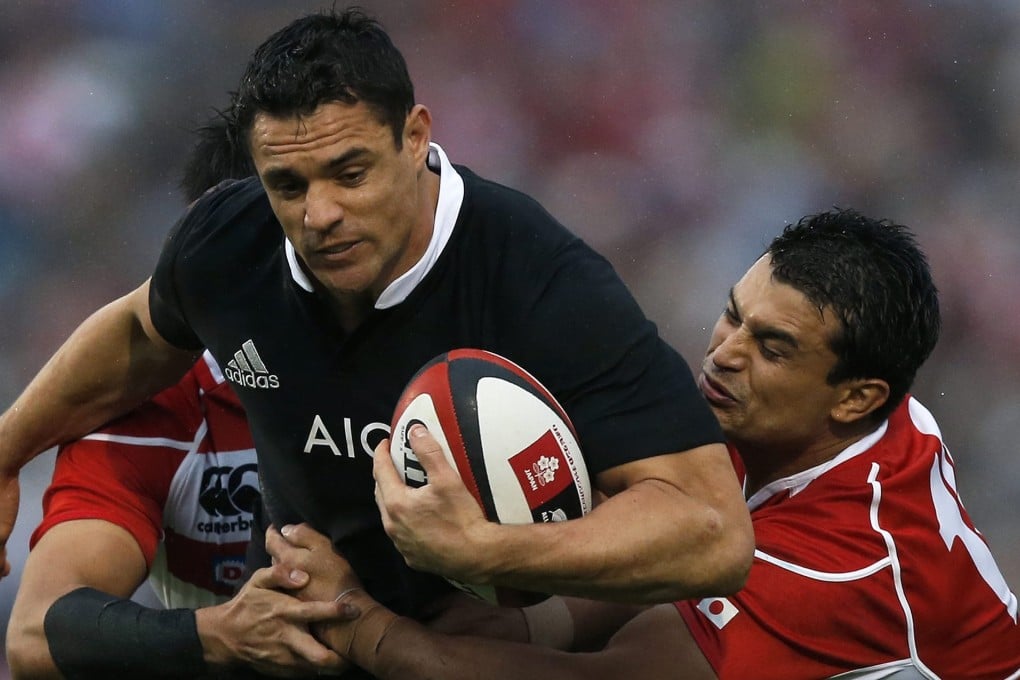Opinion | Left Field: All the makings of a Super Flop as new franchise looks destined for failure
Time is ticking on Sanzar's 'bold and exciting new era' of a Japan rugby franchise fronting up for 2016 season

Eight months ago, Sanzar, the body operating Super Rugby, formally approved franchises for Japan and Argentina to complete a Super 18 for the 2016 season. That paved the way for the new enterprises to start contracting players and staff, but six months away from the new season, the Tokyo-based mob has apparently signed just two players of the 25 or so required. The alarm bells are ringing, and rightly so.
Last November, Sanzar chief executive Greg Peters, who recently stepped down from this post, spouted a spin doctor vision of "Super Rugby preparing to expand into a bold and exciting new era" with Japan and Argentina coming on board, along with a return of the Southern Kings in South Africa. "There is no doubt as to Japan and Argentina's readiness and passion for the sport," he said.
So far the Japanese side have not announced a playing roster. That was supposed to be finalised at the end of June, but there has been a deafening silence. They don't even have a name
Argentina have the goods, the players and are well organised. No questions need be asked about their preparation and they will be a credible force with the crux of the current Pumas squad apparently already contracted.

Six Japan national players - Keita Inagaki, Michael Leitch, Kotaro Matsushima, Fumiaki Tanka, Hendrik Tui and Akihito Yamada - were in action with Super Rugby teams for this season. New Zealand-born Leitch, the Japan national team captain, considered playing for the Japanese franchise next season, but has instead decided to stay with the Chiefs. Tui, the New Zealand-born Japanese test No 8, recently re-signed with the Queensland Reds.
Tackled about the lack of a playing roster, Peters said: "Without a doubt it's a serious issue which we need to monitor very closely." He said offers had been presented to several players, but gave no details. Sanzar, now without a chief at the helm, has said nothing further.